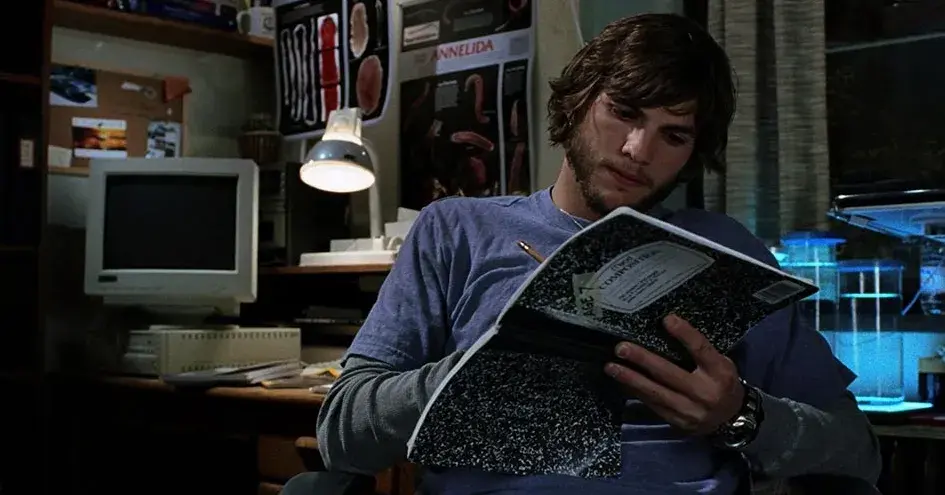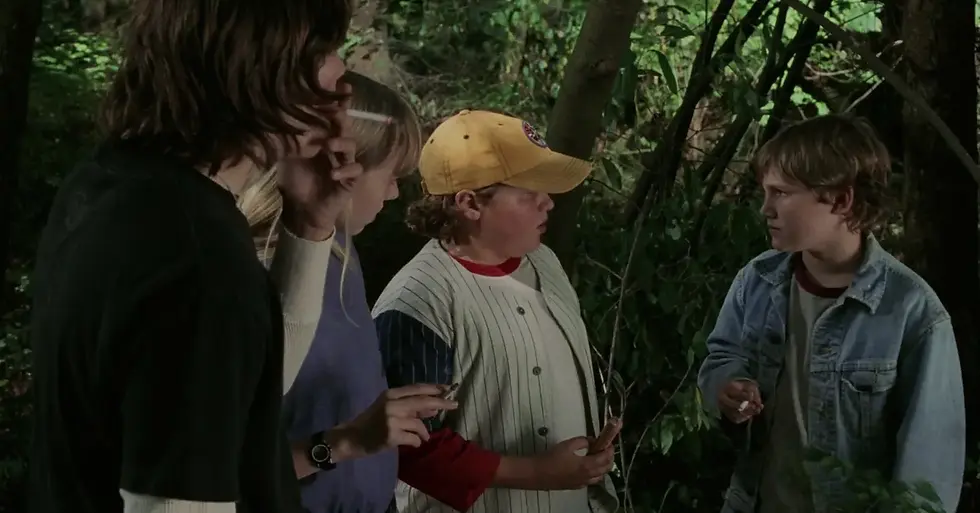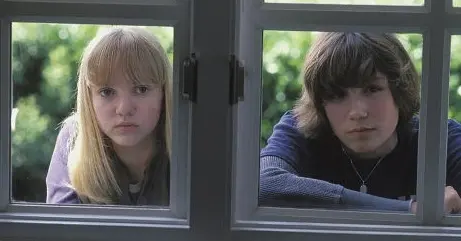
The Butterfly Effect (2004) Dir: Eric Bless & J. Mackye Gruber
- Ridley Coote

- May 15, 2023
- 2 min read
Instagram post:

Based on the title, I knew very loosely what this film would entail, considering the so-called 'butterfly effect' is essentially another name for 'chaos theory'. However, the manner of which this would play out on-screen was still very much a mystery to me.
I had been warned that the film was quite depressing - and honestly that was warranted. There are some very dark moments, particularly in the second half of the film.

It isn't the kind of film you should watch when you're in a negative mental state, that much is for sure. From a story perspective, the narrative is relatively up to par, though not exceptional.
Co-directors Eric Bress and J. Mackye Gruber utilise a lot of very 2000s filters and camera angles, only some of which work. The choice of filter in particular was not to my taste - it really distracted me.

Ashton Kutcher heads up this cast, and has an up and down performance, I'd say. He has moments of very strong acting, juxtaposed by some rather tepid displays. I just couldn't consistently get on board with him in this one.
I want to give special credit to the at-the-time young trio of Jesse James, Irina Gorovaia and Logan Lerman, who all do very well to play a complex set of child characters in a series of dark scenes.

Amy Smart, similarly to Kutcher, has some really well acted scenes, as well as some genuinely very poor ones. It's a real shame about the lower quality moments, because her good moments were so much more representative of her potential.
William Lee Scott did not do much to impress me with this performance, if I'm honest. That said, I must acknowledge that his character's dialogue was also poor in itself, which isn't his fault.

Finally, I'll give mentions to Ethan Suplee, Elden Henson, Eric Stoltz, Melora Walters, Kevin Durand and Kevin G. Schmidt, whom all deserve reasonable credit for their supporting roles.
Overall, this is a solid sci-fi thriller that utilises a brilliant concept and nearly delivers on its promise. Ultimately, it's failure to fully capitalise on the premise means I can't help but wish this had been executed better.






Comments